Thursday, 8 May
In class
- Whiteboard the learning outcomes for Unit 3.
- Practice juggling and cup stacking.
- Turn in your notebook.
Assignments
- Review for the Unit 3 exam next Wednesday and make your notecard.
Tuesday, 6 May
In class
- Watch This can damage your personality | Phineas Gage story and reflect on how this illustrates the concept of neuroplasticity.
- Read Train Your Brain, p. 230 – 231 and summarize activities we can do to keep our brain healthy in our advanced years.
- Prepare your notebook for collection next class.
- Practice time for juggling and/or cup stacking.
- Watch some tutorial videos on cup stacking here.
Assignments
- Read and take notes on:
- 12 Ways to Keep Your Brain Young, p. 232 – 233
- How to Improve Cognitive Function, p. 234 – 238
- Update your notebook and have ready to turn in on Thursday.
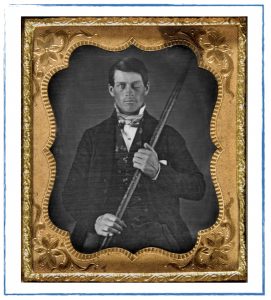
Friday, 2 May
In class
- Discuss Is the Internet Making Us Crazy?
- Watch:
- Outline a plan to learn how to juggle and/or cupstack.
Assignments
- Read and take notes in your notebook on How Juggling Can Increase Neuroplasticity p. 243 – 246.
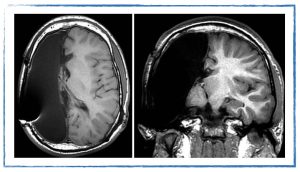
Wednesday, 30 April
In class
- Whiteboard responses to the Inside the Teenage Brain analysis questions.
- Take the learning styles inventories:
Assignments
- Read and then summarize in your notebook the following two readings:
- Is the Internet Making Us Crazy? p. 215 – 221
- Why Young Brains… p. 222 – 223
Monday, 28 April
In class
- Watch the documentary Inside the Teenage Brain and then complete the analysis questions in your notebook.
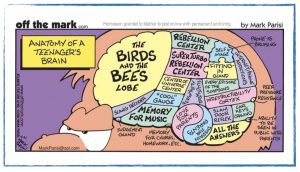
Thursday, 24 April
In class
- Create an Early Childhood Intervention Plan based upon the evidence of best practices discussed in the documentary last class.
Tuesday, 22 April
In class
- Discuss the AI reading and complete the reading comprehension questions with your assigned working group.
- Read through the Documentary Analysis questions for the program, Brain Matters | Early Childhood Development and discuss with your group how you will take notes.
- Watch Brain Matters | Early Childhood Development.
Assignments
- Begin the readings on the teenage brain development.
- What Neuroscience Tells Us About the Teenage Brain, p. 192 – 197
- This is How Your Brain Develops During Your Teenage Years, p. 198 – 200
- The Teen Brain: 7 Things to Know, p. 201 – 202
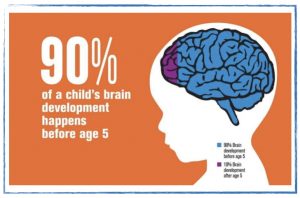
Thursday, 17 April
In class
- Make test corrections on the Unit 2 exam.
- Watch The Mozart of Chess and reflect upon Magnus Carlsen’s spatial intelligence.
- Test your spatial intelligence with a variety of activities.
Assignments
- Read and take notes on the following:
- Images in the Mind’s Eye Are Quick Sketches… p. 176 – 178
- Many People Have a Vivid ‘Mind’s Eye,’… p. 179 – 182
- AI re-creates what people see by reading their brain scans p. 183 – 185
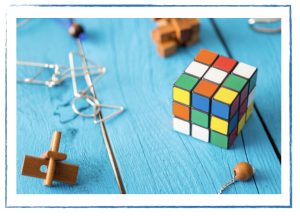
Tuesday, 15 April
In class
- Turn in your Caffeine Consumption project analysis.
- Discuss the limitations of I.Q. tests.
- Take the E.Q. instruments and reflect upon your scores.
- Determine your learning style preferences by taking the Multiple Intelligences instrument.
- Begin work on the M.I. project posted in Classroom.
Assignments
- Read Multiple Intelligences: An Interview with Howard Gardner
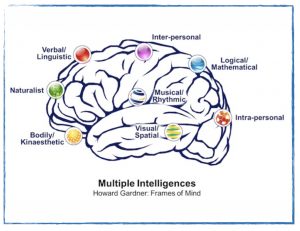
Friday, 11 April
In class
- Define some working definitions for the concept of intelligence and discuss a bit of the history of how it has been measured.
- Take an IQ equivalance test at www.iqtest.com and reflect on the instrument and the score.
- Analyze a Mensa IQ equivalance test.
Assignments
- Read and take notes (using any method you prefer in your notebook) on
- 100 Years of Intelligence Tests… p. 154 – 158.
- Intelligence and Achievement Tests… p. 157 – 158.
- Type a short paper covering the Analysis questions for the caffeine or sugar project, print, and have ready to turn in next class.
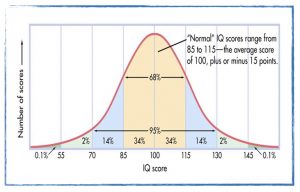
Monday, 7 April
In class
- Turn in your notebooks.
- Take the Unit 2 exam.
- Try the Brain Metrics Initiative IQ test and see where you fall on the percentile scale. (Note that you will not be able to get the IQ number score without paying. Just read the feedback given at the top of the screen.)


